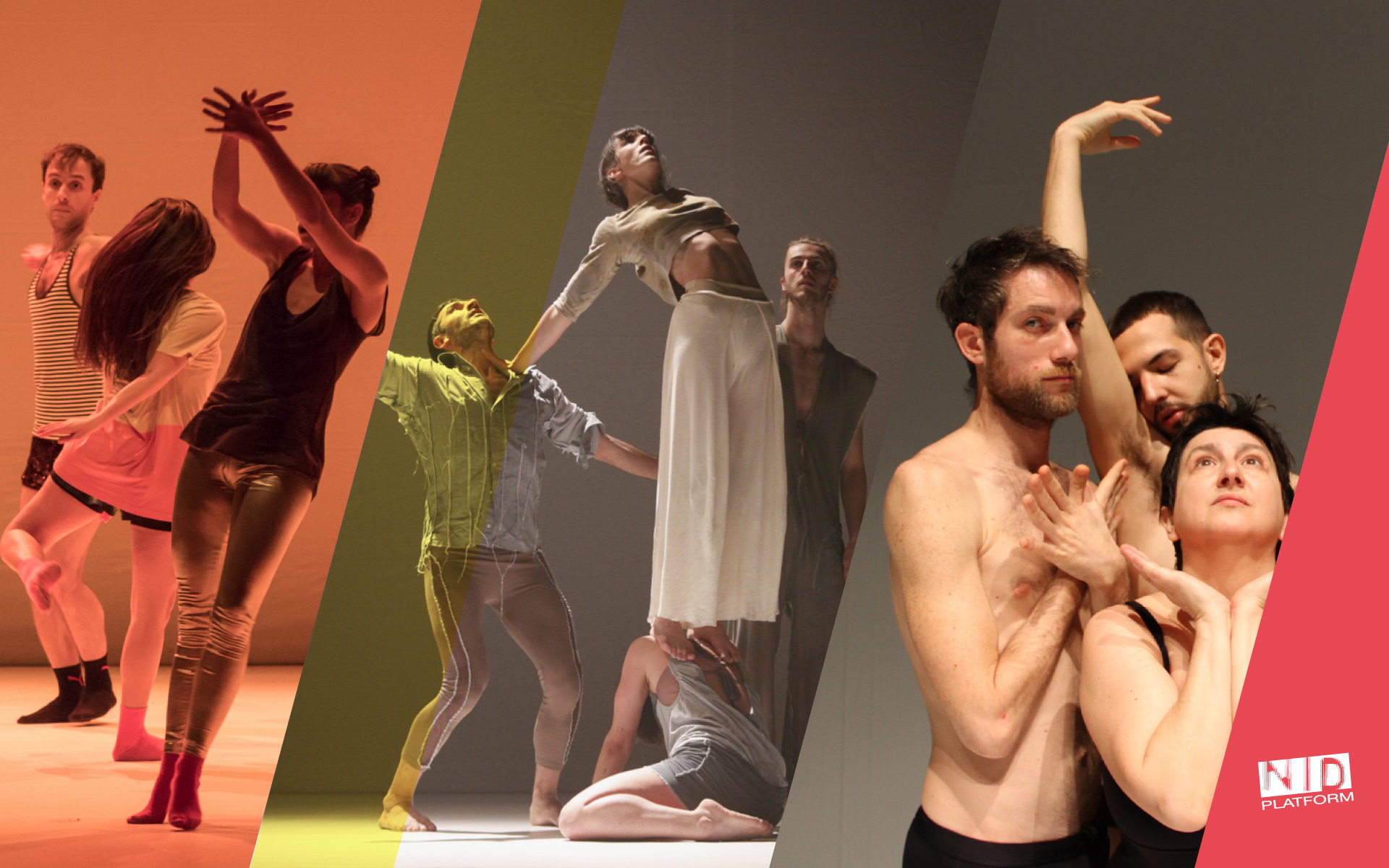«Bolero as an act of revealed identity». Conversation with Loris Petrillo
Bolero is a classic of ballet. How was it to face up with this work and what interpretation does your work give?
It is not the first time that I tackle a classic, it is always fun and stimulating to re-read classics and repropose them in a contemporary interpretation. With Bolero I wanted to put forward the image of an exasperated physicality, whose movement is supported by the relentless rhythmic crescendo which exposes the body and prepares it to overcome its limits.
The performers in this show are all male: why this choice?
My initial intention was that of making Bolero an act of revealed identity, which outlines and is the measure of the emotional movements which are a characteristic of the human being: suffering and rejoycing, passion and desire of belonging; discovered through a physical power which is the symptom of a fighting spirit, capable of thwarting all the pushes to giving in and renouncing. And the male body fits this purpose quite well.
In your performance, the link between Bolero and physical strength is explicit: it is not by chance that, behind the dancers, images of Maoris doing Haka appear. How did this parallel come about?
I was interested in investigating the male body, yet without placing it in a specific and limiting timeframe. The images of Maoris have precisely this significance, highlighting male physical strength outside, in my opinion, a common imaginary where the body is placed. It is also a rhythmical choice, where the image flow enhances the celebrative act of Bolero, preventing its depletion.
This is your third work for the company Opus Ballet of Florence, after Caravan and Swan Lake. How did this collaboration come about?
It is a collaboration which started in a totally fortuitous way, and which has seen excellent results and successes take shape over time, achieved with the creations I choreographed for the company.
You were trained between Italy and France and pursued your career abroad for many years, before returning to Italy. What has changed in the dance scene in Italy and abroad over these years?
Yes, my career has unfolded abroad for the most part, in Sweden, Switzerland, Belgium and France. I think that over these last years dance, despite the impression of a growing interest among the general public, has sadly yielded to a trade mechanism which has hit, by the way, all the cultural scene. On this basis, amateurism has taken over, contributing to the growth of what I define “artistic nothingness”. Fortunately, despite the rather depressing general framework, there are some situations – very few, unfortunately – which do an excellent job and hold back the cultural implosion we have witnessed.
What do you expect from this edition of NID Platform?
Personally, I do not expect anything from NID. I only hope that quality work, which sadly has not been given recognition over these last years even by those who should protect it, is rewarded.
Loris Petrillo
Loris Petrillo was trained in ballet and contemporary dance between Italy and France. Highly relevant is the meeting with Dan Moisev in Paris, which helps him at the beginning of his career.
After the experience as primo ballerino at Balletto di Toscana,Italy, Loris Petrillo performed for many years with the Goteborgs Operan Ballet, the Ballet Royale de Wallonie and the Bern’s Stadttheatre. At the end of these long and prestigious career paths, he was invited as choreographer for Aterballetto, Teatro Regio di Torino, Teatro di Torino, Teatro Sociale di Rovigo e Opus Ballet Company. In 2000 the choreographer established his own company, Compagnia Petrillo Danza, for which he has created a rich repertoire of productions regarding social, political and cultural issues. Since 2010 Loris Petrillo collaborates with Opus Ballet Company for the creation of “Caravan”, “Swan Lake”, “Bolero” and “Gaite Parisienne”.
Interview by Lisa Cadamuro, NID Platform staff
Translation by Chiara Andreola, NID Platform staff
